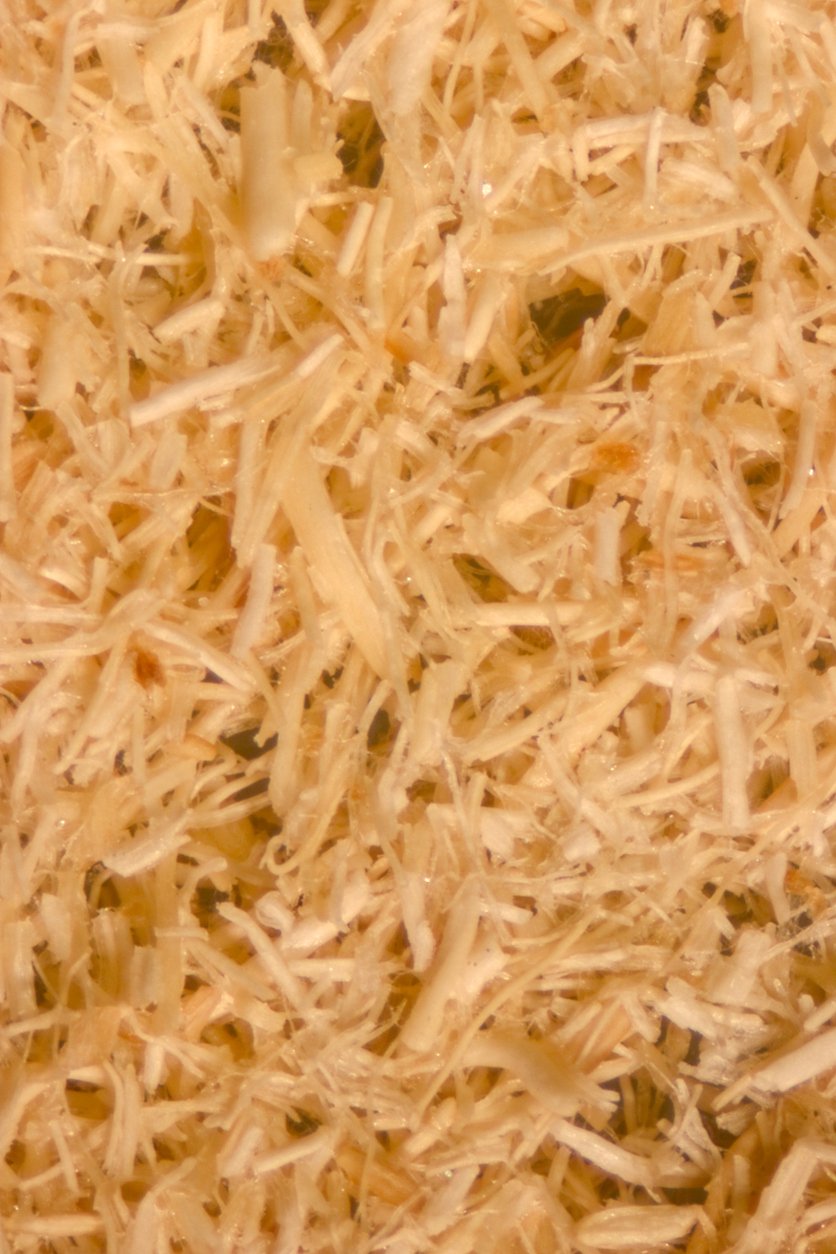
MATERIALS
The textile industry is a major contributor to environmental and social adverse impacts. One of the ways it can reduce its impact is by transitioning to more sustainable materials.
Fossil fuel-based fibres, such as polyester and nylon, are used in the vast majority of textiles. These fibres have a number of negative environmental impacts, including a high carbon footprint.
In contrast, forest-based fibres, such as cellulosic fibres like Lyocell and viscose, cork and natural rubber are renewable, often biodegradable, and have a lower carbon footprint.
Sustainably sourced natural resources are in demand
-

Man-Made Cellulosic Fibers (MMCFs)
If sourced responsibly, these fibres can have a positive impact on forests worldwide -

Natural Rubber
Sourcing FSC-certified natural rubber supports better livelihoods -

Cork
Using cork over synthetics can help safeguard biodiversity

